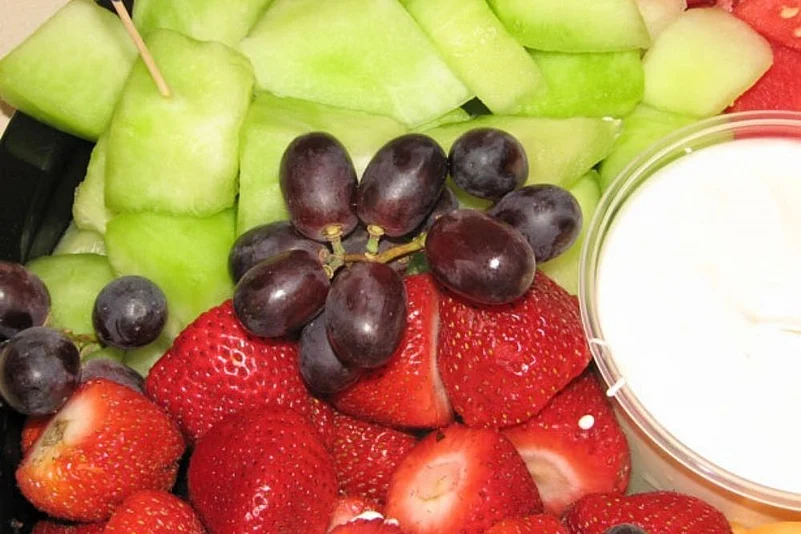Setting unrealistic dietary resolutions like zero eating out, zero-packaged foods, et al. are more often than not impossible to keep. Instead, moderation rather than abstinence would to be a more realistic goal to achieve. Our health would be better served by understanding, and then deciding, what we put inside our bodies. Specifically, the ingredients that we must be watchful of are oils and fats—an integral part of Indian cooking.
Oils and fats are used in various recipes—baking/shortening, deep-frying, sautéing, pan-frying, stir-frying, etc. Hence, it’s important to choose the right kind of oils and fats for cooking. After all, the kind of fat and its sources play a major role in defining how healthy or unhealthy a food item is.
Understanding bad fats
Half-a-million people die every year due to trans-fats, according to a World Health Organisation (WHO) study released in 2019. Trans-fat is the worst kind of fat, and yet it is surprisingly common. Understanding two of its major sources can help you avoid it. Naturally formed trans-fats are found in animal products, including high-fat meat, lamb and full-fat dairy foods.
On the other hand, trans-fats are also formed during the process of partial hydrogenation which is an industrial process to convert unsaturated oils into saturated fat. During this process, vegetable oil, which is liquid at room temperature, is converted into partially hydrogenated vegetable oil, which is solid at room temperature. As a result, it has better textural properties, better flavour and stability. Some food manufacturers also use partially hydrogenated oils to improve food's texture, shelf life, flavour and stability in baked foods.
WHO has set in motion a plan to eliminate industrially-produced trans-fat by 2023, citing linkages to increased risk of coronary heart diseases, including mortality. Demonstrating the dangers of trans-fats in an Indian context, an Indian Council of Medical Research (ICMR) report found that our country has the highest number of trans-fat consumption-related deaths—77,000—per year.
Clearly, heart-healthy fats—those of plant and vegetable origin are the way to go. These help to maintain desirable levels of blood lipid profile. Replacing partially hydrogenated fat, saturated fat and fat of animal origin with natural vegetable oils (unsaturated fat) has been linked to a reduced risk of heart problems. Completely refusing street food/outside food or packaged foods is simply impossible for a majority of people.
Healthy, realistic choices
An occasional cookie/mathri, samosa or cupcake with our tea or coffee is not going to harm our health if we have a predominantly healthy diet and lifestyle. It is not going to be possible to practice a completely zero-eating-out policy. Culturally, eating out is often the most common social activity. In both scenarios, we should simply watch out for the sources of trans-fat.
When eating out, understand the way food has been prepared and avoid items that are prepared with reheated used cooking oil (samosa, kachori, cutlets, spring rolls, deep-fried dim sums, fries, etc.). Exercise the same caution when it comes to savoury snack items (e.g. bhujjia, namkeen) and bakery goods (cake puffs, khaari, and naankhatai). Reuse of heated oil for frying, a common street food practice, can increase the trans-fat content of fried products. Trans-fats also enters our diet through snacks like pizzas, burgers, french fries, mathris, etc., for which vanaspati is used as a shortening fat.

When you go shopping, read the labels on the foods you are thinking of buying, and look for options labeled as trans-fat-free. Also, look for foods that use natural vegetable oils (soybean,
canola, corn, safflower and sunflower oils). When shopping for cookies, frozen desserts, chocolates, snacks and bakery items add to your shopping cart only items that are made from vegetable oil/fat and are not fried or cooked in hydrogenated vegetable oil or vanaspati or fat of animal origin.
When compared to more ambitious food resolutions, these changes may seem small but that is what makes them achievable. And, in the long run, they can have a significant impact on your heart health.
(The author is Assistant Professor in Department of Food & Nutrition and Food Technology, Institute of Home Economics, Delhi University)





















